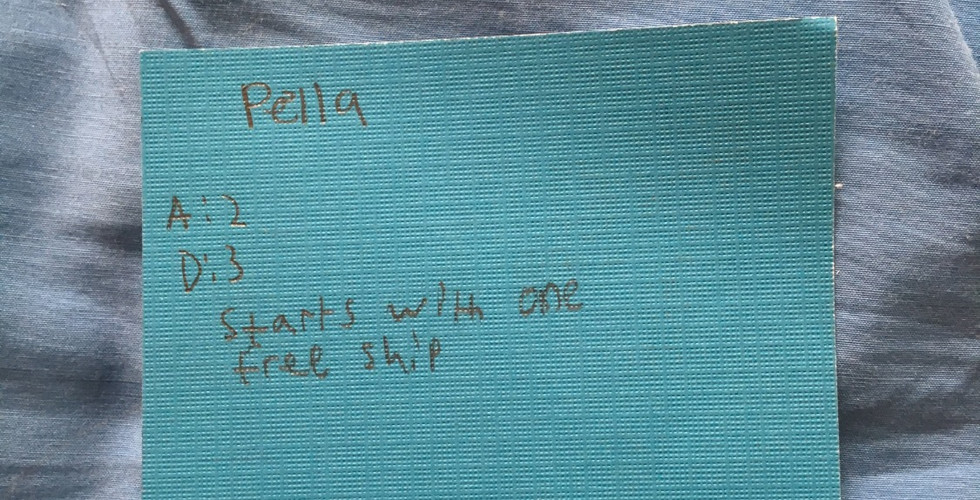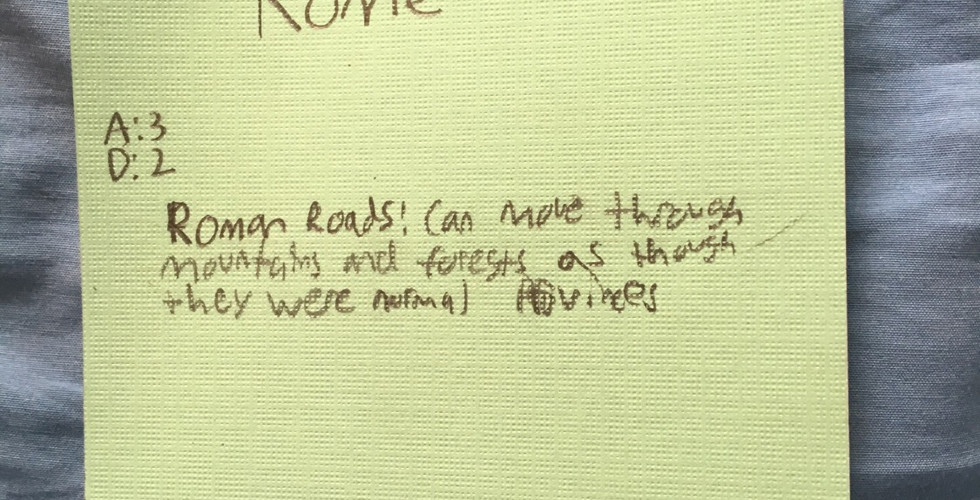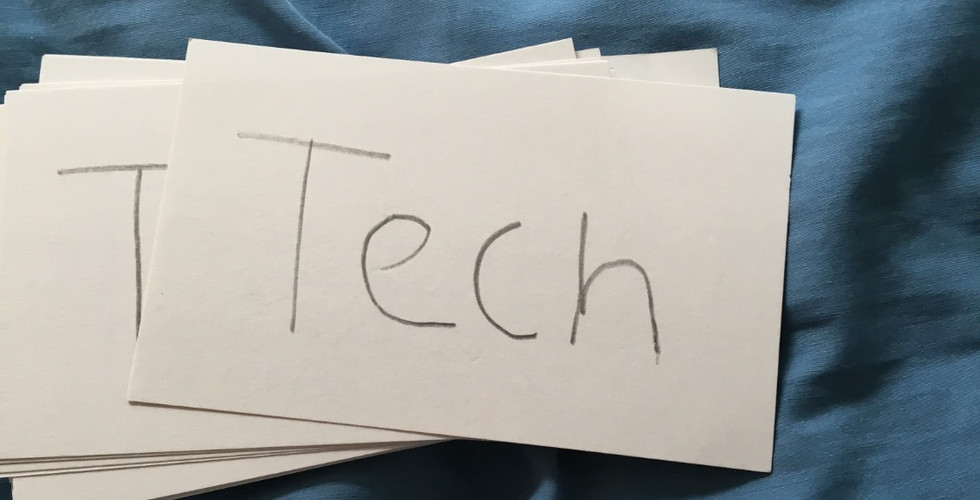Board Game: Empire Builder: Mediterranean, Rules and Map
- Ian Hacker
- Jul 25, 2018
- 6 min read
You are the leader of a strong Mediterranean nation in 300 BCE. Your nation is undergoing a revolt and all that you hold is your capital city and the surrounding area (Yellow Stars). Despite the revolt, the areas you once controlled can still be yours… and more.
How to play Empire’s Revolt:
(All pictures are at the bottom of the post)
Set Up
Each player, maximum of 6, is given a random capital card. That player will move one control piece of their color onto their capital. Each capital gives a special ability and for as long as a player controls their capital they have that ability, excluding attack and defense stats those are permanent.
On each capital card, there is a spot with an A and D followed by a number. The A stands for attacking, and D for defense. The number stands for how many dice a player can use when fighting an enemy army. The number of dice next to A when attacking and the number next to D when defending.
Capitals
Each capital can support one army unit, excluding Alexandria.
Every player starts with one army, excluding Alexandria.
At the beginning of the game, each capital supplies one wood, gold, and food to the controlling player.
Armies attacking from your capital are not destroyed if they are defeated.
Armies
Armies can be created for three foods
Armies spawn in the players capital city
Every city supports one army, and ever three regions support one army
If a player ever has more armies then they can support they must destroy one
Armies have one action per turn, move between regions, attack, or convoy into/out of a ship.
Horses can perform two actions a turn, except they take three turns to pass over a mountain or woods.
Attacking and Defending with Armies
Attacking moves your troops into the enemy province and you and the defender must each roll the specified amount of dice you control for the action.
All territories in revolt against your capital (those in the same color as your starting region) have a defense roll of one die except cities (Black dots) which have a defensive roll of two dice.
All blank territories and other nation revolting territories have a defense roll of two dice except cities (Black dots) which have a defense roll of three dice .
All territories under another players control and are settled have a defense roll of the set number of dice given to them.
All territories under another player's control but are not settled have a defense roll of one die unless a city and then have three dice.
Attacking succeeds as long as the attackers has the highest number rolled. Defenders succeed if they control the highest number. Ties are rerolled unless otherwise specified.
If a player succeeds in an attack their armies move into the territory and all settlements and fortifications in the region transfer. As long as a player has troops in that territory they gain the resource benefit from it. If a player moves out of that territory it is still under their control but they no longer gain the benefits from that territory and the territory has a defense roll of one.
Attacking into a territory with an enemy army causes the armies to attack each other. Both players use their respective attack and defense as stated on their card. If the attacker wins their army stays in the territory they attacked from and the opponents army dies. If the defender wins the attackers army dies.
Ships
Ships cost two wood to create. For every ship after the second ship an upkeep of one wood is needed for the additional ships. Ships can spawn in cities under a players control.
Ships can convoy troops into them, takes the troops action for the turn
When troops convoy out of ships they attack the territory if it is not under the players control. Ships add one additional die to the attack.
Ships can support troops touching the coast adding an attack roll when both the ship and the troop enter enemy territory (The ship on the coast of the territory).
Ships can move from one regions coast to an adjacent regions coast or along trade routes marked by black lines.
Ships can fight each other if they come in contact with each other on a coast or trade route.
Each ship has one die and the higher number wins, ties are rerolled.
Settlements
A settlements cost one food, gold, and wood
A settlement can be made on any territory under a players control, excluding cities.
Settlements give the player one of the resource card created by the region at the beginning of the turn, even if a troop is not in the region.
Settlements have a defensive roll equal to the nation controlling its defense
Settlements are transferred between players if an enemy player takes control of a region with a settlement already made on it.
For every settlement after the first six one food per turn is needed to upkeep it
Fortifications
Any settlement under a players control can be fortified for one food and gold
All fortifications add one additional defensive die roll to the region
For every fortification after the first three one gold is needed per turn for upkeep.
Regions
When an army defeats a region it becomes under the control of the attacking player
The region produces one of the resource it creates as long as an army is in the region or a settlement is created
Cities
Cities are marked by a black dot and the surround area.
Every city has a number next to it, with the number marking the city card a player gains when they control the city
Cities have one additional die roll of defense then the players defense roll stated on their capital card (including capital cities).
Mercenaries
Mercenaries can be bought from mercenary regions as long as the player has a troop in a region touching the mercenary region
Mercenaries cost two gold to create and spawn in the region the troop touching the mercenary region is in. This takes the troop touching the mercenary regions action for the turn.
Mercenaries cost one gold to upkeep each turn
A player can have unlimited Mercenaries
The Illyrian mercenary region can be taken over, it has a defensive roll of two, any player who controls this region can create mercenaries in the region during their turn no matter where an army is.
Tech
Tech cards cost one food, one wood, and two gold and can be bought at any time during a players turn, any amount of cards can be bought
Tech cards can be bought for only two gold if a ship is at a tech island, one card a turn may be bought from these islands
Tech cards that give enhancements to a region put a half circle chip on the region and if the region is taken by another player the enhancement remains
All tech cards bought last the whole game
Beginning of turns
At the beginning of the turn a player collects all resource cards they should from regions under their control with settlements and troops in them
Upkeep costs must be paid next, if they are not the thing being upkeeped is sacrificed.
All regular troop actions may now take place
Mountains and Forests
Mountains and forests take two turns to cross. For horses they take three turns. Example a player moves from one region to another across a mountain. The first turn the troops stay in the mountain the next they enter the region.
For the German mercenaries it takes two turns to buy them when going through the forest.
Winning the game
A player can defeat an enemy if they take their capital city and the enemy can not take it back on their turn
In a two-person game a player can win the game if they control three food, three gold, and three wood regions in a game, settlements are not needed on each region.
Three-person: four wood, four gold, four food
Four-person: four wood, four gold, five food
Five-person: five wood, four gold, five food
Six-person: five wood, five gold, five food
A player can win with trade control if they take over and hold six cities for one whole turn cycle, winning at the beginning of their next turn.






























Comments